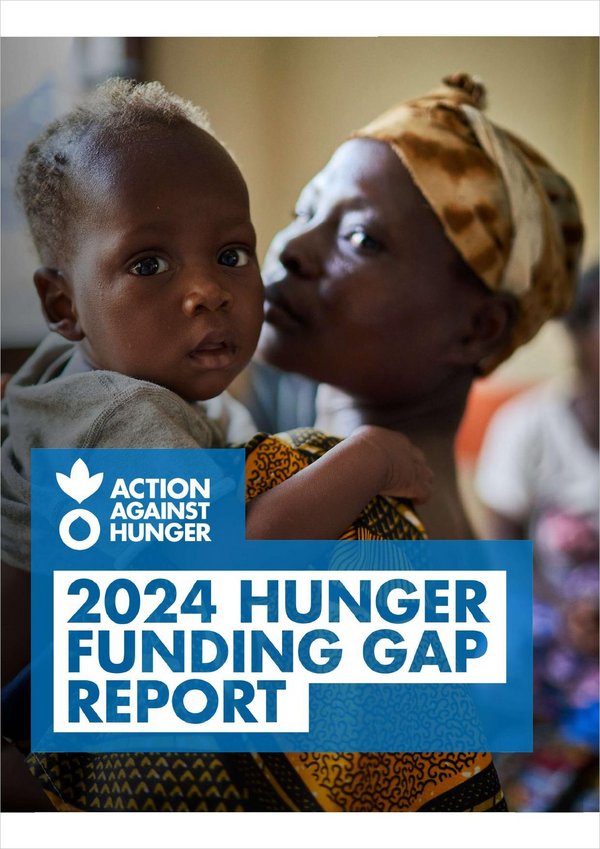 Read this article in French
Read this article in French- Share this article
- Subscribe to our newsletter
2024 Hunger Funding Gap
The global hunger funding gap has hit 65 per cent for countries with the most urgent needs, according to the Action Against Hunger 2024 Hunger Funding Gap report, published in January 2024. The new analysis of funding through the UN humanitarian system reveals that only 35 per cent of appeals from countries dealing with crisis levels of hunger were satisfied in 2023, resulting in a hunger funding gap up 23 per cent from the prior year.
The report found that no appeals for either ongoing or emergency hunger-related programs were wholly met. Only 12 per cent of hunger-related programmes received more than half of the financial resources required.
To fully fund the hunger-related appeals of the 17 countries included in this report, it would take USD 8.86 billion, which is roughly half of what the US public is estimated to have bet on last year’s Super Bowl.
Globally, as many as 783 million people – more than the population of the European Union and the USA combined – suffer from hunger. Compared to pre-pandemic levels, today, 122 million more people face hunger, which is primarily driven by conflict, climate change and chronic inequality.
For the report, Action Against Hunger identified 17 countries that experienced “crisis” levels of hunger or worse in 2022 and analysed how much funding those countries subsequently received in 2023. They are: Afghanistan, Burundi, Central African Republic, Democratic Republic of the Congo, Guatemala, Haiti, Honduras, Kenya, Lebanon, Madagascar, Malawi, Mozambique, Pakistan, Somalia, South Sudan, Sudan and Yemen. The analysis is designed to spotlight the funding decisions that are made after donors are aware of the severity of the hunger crisis. This approach also eliminates the possibility that hunger levels reflected in the report (2022) were influenced by the funding provided (2023).
The report reflects Action Against Hunger’s analysis of the United Nations Office for the Coordination of Humanitarian Affairs (OCHA) Financial Tracking Service as well as the Integrated Food Security Phase Classification (IPC) Population Tracking Tool.
(Action Against Hunger/ile)
Read more and download the report on the Action Against Hunger website




